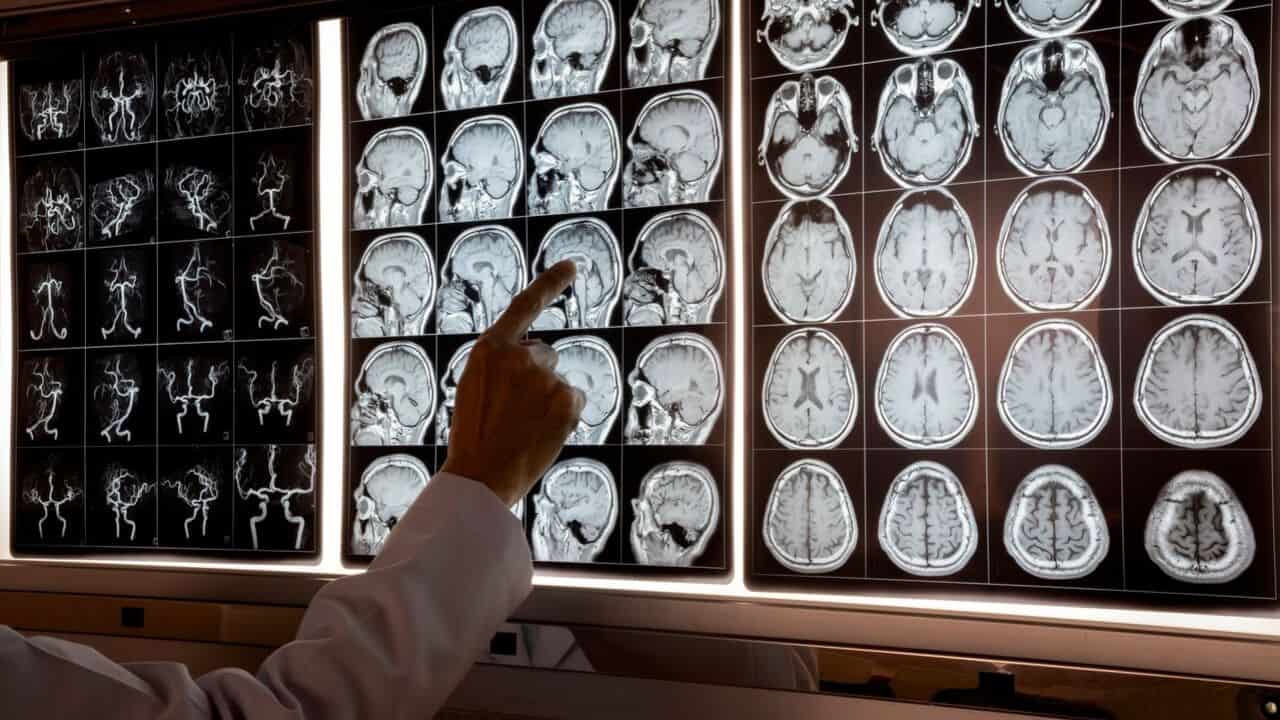New research finds that brain tissue inflammation is pivotal to Alzheimer’s disease progression. Its findings were publicized in Nature Medicine.
“We tested the hypothesis that the spatial propagation of microglial activation and tau accumulation colocalize in a Braak-like pattern in the living human brain,” the Nature study reads.
“We studied 130 individuals across the aging and AD clinical spectrum with positron emission tomography brain imaging for microglial activation ([11C]PBR28), amyloid-β (Aβ) ([18F]AZD4694) and tau ([18F]MK-6240) pathologies.”
“We further assessed microglial triggering receptor expressed on myeloid cells 2 (TREM2) cerebrospinal fluid (CSF) concentrations and brain gene expression patterns,” the study also reads.
Researchers concluded that amyloid accumulation is not sufficient enough to result in cognitive decline. Rather, the interaction between amyloid pathology and brain tissue inflammation may lead to extensive brain damage and cognitive impairment.
“Our research suggests that combination therapy aimed to reduce amyloid plaque formation and limit neuroinflammation might be more effective than addressing each pathology individually.”


